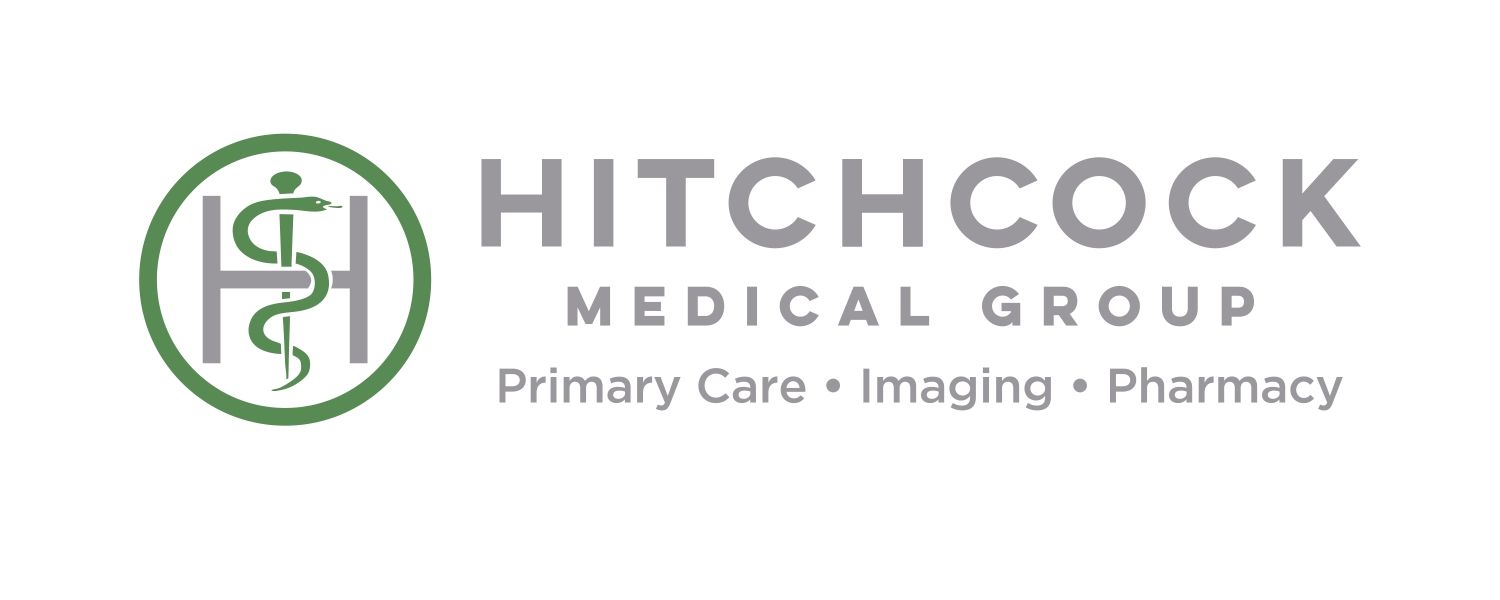3 Reasons Why Having a Family Doctor Is More Important Than You Think
In today's fast-paced world, the importance of having a dedicated family doctor is often underestimated. With evolving healthcare needs and an increasing number of specialists, it can be easy to overlook the foundational role that a family doctor plays in maintaining our overall health. Yet, a family doctor is not just a medical expert; they are a partner in our lifelong healthcare journey, guiding us through various health challenges with personalized attention and continuity of care.
1. Your Family Doctor Provides Ongoing, Personalized Care
First and foremost, a family doctor acts as your primary point of contact for all health-related issues, providing continuity of care that is unparalleled by any other form of medical practice. Unlike specialists, who focus on specific areas of medicine, a family doctor assesses your overall health, taking into account your medical history and lifestyle to offer well-rounded advice. By building a long-term relationship with you, they can identify patterns and issues early on, potentially preventing more serious health complications down the line.
2. Preventive Healthcare Starts With Your Family Doctor
Moreover, family doctors play a crucial role in preventive healthcare, which can significantly reduce the need for costly interventions later. According to the World Health Organization, meeting the targets for primary health care requires an additional annual investment of around 200 billion to 328 billion dollars for a more comprehensive package of health services. This figure underscores the critical role of family doctors in delivering effective primary care and highlights their cost-saving potential by catching health issues before they escalate, thus reducing the burden on specialized medical services.
3. A Family Doctor Coordinates All Aspects of Your Healthcare
Another vital reason for having a family doctor is their ability to coordinate your care across various healthcare services. In our specialized healthcare system, it's not uncommon to see multiple doctors for different conditions. Your family doctor is the constant in this equation, ensuring that all aspects of your health are managed cohesively. They can navigate the complexities of referrals to specialists, interpret medical results, and ensure that treatments from different healthcare providers do not conflict with each other or negatively impact your overall well-being.
Having a family doctor is more important than one might initially think. They provide continuity and preventive care while serving as a central hub in managing a comprehensive health strategy. This indispensable role not only enhances personal health outcomes but also contributes to a more efficient and effective healthcare system at large. Investing in a relationship with a family doctor is an investment in long-term health and quality of life. For more information about the services that we offer, reach out to our incredible team at Hitchcock Family Medicine today!











Share On: